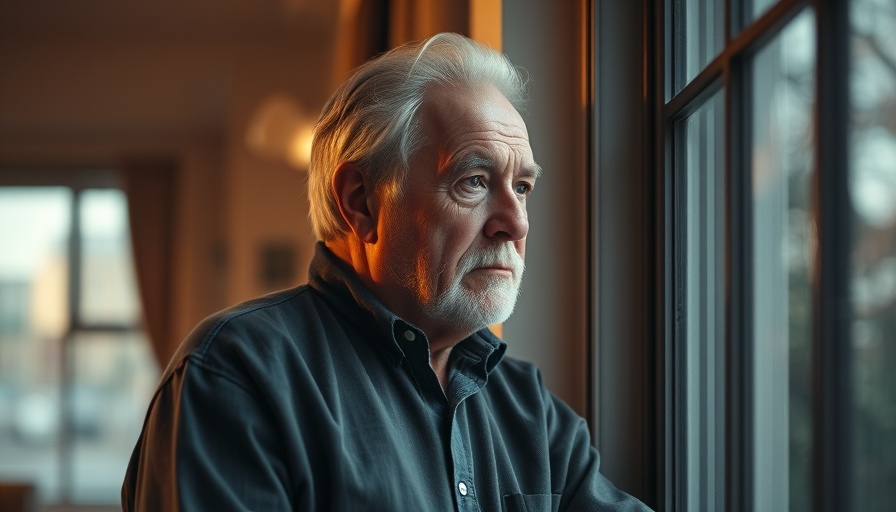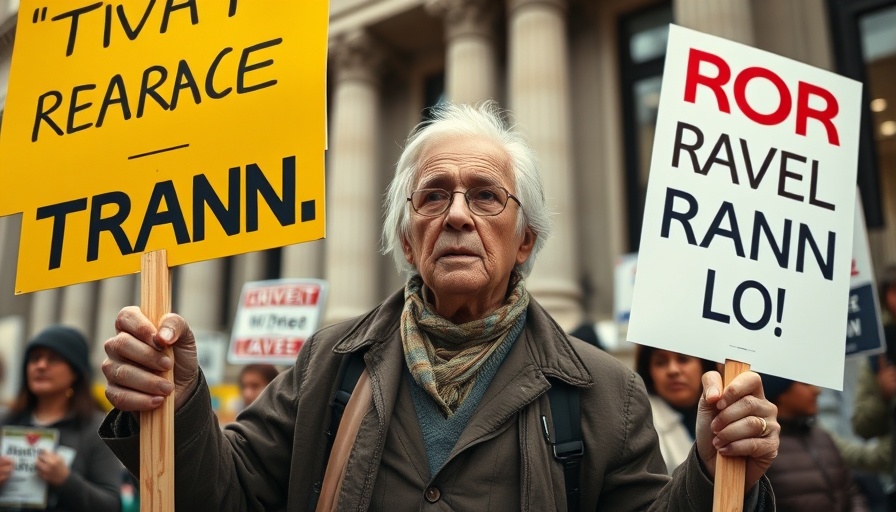
The Unseen Power of Grief and Its Impact
Grief is not just a fleeting emotion to be brushed aside; it's a profound experience that can alter our internal landscape. Rarely discussed, the psychological and spiritual implications of grief often go unnoticed, yet they shape our ability to connect, love, and heal. Pastor Stanton Adams sheds light on this critical topic, emphasizing that grief and trauma weave into the fiber of life, sometimes causing an emotional storm that rewires the brain.
The Role of Relationships in Healing
When grappling with grief, it’s the relationships around us that can play a pivotal role in our healing journey. As Pastor Adams beautifully puts it, 'Healing begins not with answers but with presence.' The importance of empathy and shared experiences cannot be overstated. A supportive community ensures that individuals can express their grief openly, knowing they are met with compassion and understanding rather than judgment.
Understanding Childhood Trauma's Long Shadow
Though our focus may often be on immediate loss, the long-lasting impacts of childhood experiences significantly contribute to how we process grief as adults. The Adverse Childhood Experiences (ACEs) study illustrates how common disruptions can leave deep, lasting scars that can manifest as grief later in life. Recognizing this connection is crucial for developing effective strategies for healing.
Holistic Healing – Mind, Body, and Soul
The journey towards healing is not just about addressing cognitive responses but embracing the full spectrum of our human experience. Practices like mindfulness and trauma-informed care can facilitate profound healing by aligning the mind, body, and soul. As Adams suggests, each story we carry deserves to be told with love—a process that is deeply sacred and transformative.
Becoming Grief-Literate in Our Communities
This is a call to action for us to evolve into 'grief-literate' leaders in our communities. Acknowledging that trauma is part of the human experience helps demystify grief. If individuals and organizations can create safe spaces for people to explore their feelings, we can collectively rewrite the narratives associated with suffering and embrace healing together. By fostering environments where sharing grief is normalized, we empower ourselves and those around us to seek help and find solace.
As we navigate through life’s challenges, let's commit to being present for one another. By choosing to embrace empathy and compassion, we enhance our ability to heal—not just ourselves but our communities. Healing is a journey, and it is one best traveled together.
 Add Row
Add Row  Add
Add 




 Add Row
Add Row  Add
Add 


Write A Comment